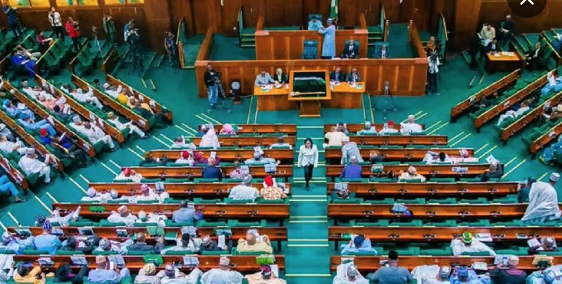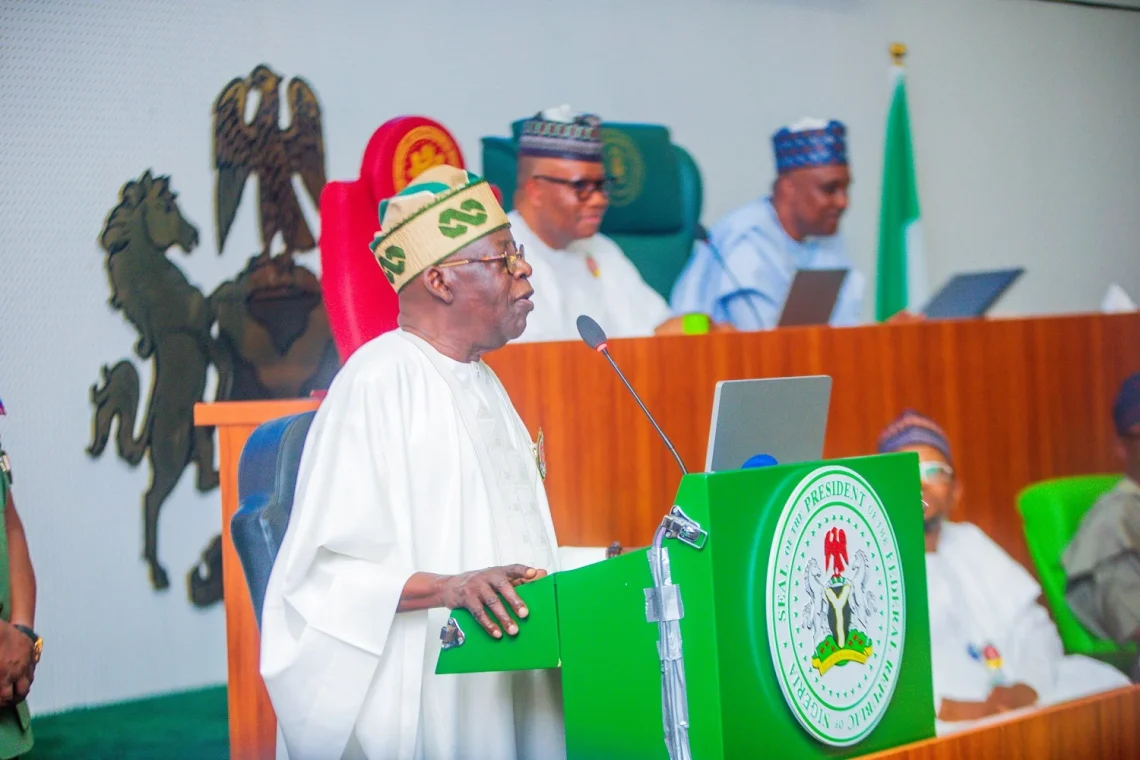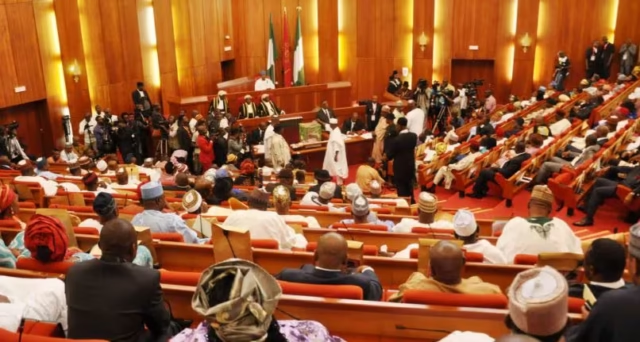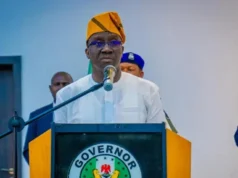A constitutional amendment to reserve 10% of seats in the National Assembly(NASS) for women and 5% for people with disabilities (PWDs) has been suggested by the House of Representatives.
According to the proposed framework, 83 new seats would be reserved for women only: 28 in the Senate, boosting the NASS total number of seats from 469 to 552, and 55 in the House of Representatives, increasing its membership from 360 to 415.
Join our WhatsApp group
The draft amendment aims to embed the quotas in the Constitution to ensure long-term gender inclusion, according to the Speaker of the House, Tajudeen Abbas who made the announcement on Tuesday at the official opening of the 2025 NASS Open Week and the launch of the 10th House Midterm Legislative Scorecard in Abuja.

Abbas disclosed that in order to maintain regional balance, these reserved seats would be filled by direct elections with separate ballots and allocated by state.
The Speaker said that 5% of the current seats will be set aside for people with disabilities, and that recognised disability advocacy groups would nominate candidates.
According to him, all members of the legislature would have the same rights and obligations as those elected under these categories. He added that this NASS reform was long overdue.

He said: “A central feature of our inclusive governance proposals is the introduction of constitutionally guaranteed reserved seats for women and persons with disabilities. Under the draft amendment, ten per cent (10%) of seats in both the Senate and the House of Representatives would be set aside for women, apportioned by state to ensure regional balance.
“These seats would be filled through direct elections on separate ballots, with staggered terms to promote continuity and mentorship. Five per cent of seats would be reserved for persons with disabilities, with candidates nominated by accredited disability advocacy organisations. Reserved-seat representatives would enjoy the same rights, privileges, and committee assignments as their peers, reinforcing their full integration into legislative work.

“At independence in 1960, women occupied less than one per cent of parliamentary seats. By 1990, it had only risen to two per cent. In 1999, women held just 3.9 per cent in the House and four per cent in the Senate. Today, despite constituting half the population, women’s representation remains stagnant.”
He cited international instances, such as Rwanda and Senegal, where constitutional quotas increased the proportion of women in parliament from less than 5% to more than 30% in a single election cycle.
According to the Speaker, who unveiled the 10th House’s Midterm Scorecard, the House introduced 2,263 measures in under two years, 1,478 of which have already been passed at second reading.

The NASS Speaker stated that President Bola Tinubu had already signed 55 of the 237 laws that have been sent for presidential approval.
He further revealed that in just two years, more than 1,100 motions have been introduced, and more than 36% of them have addressed pressing public issues.
Join our WhatsApp group
He went on to say that out of the 621 public petitions that were submitted to the House, 24 had been entirely resolved, 30 had been rejected for lack of merit, and 567 were still in various stages of legislative examination.

The Speaker promised that the House would step up its efforts to preserve human rights, devolution of natural resource management, state policing, and fiscal accountability.
Join our WhatsApp group
Additionally, he promised to keep working with state assemblies and other interested parties to make sure the 1999 Constitution includes the gender and disability seat proposal.
Join Our Social Media Channels:
WhatsApp: NaijaEyes
Facebook: NaijaEyes
Twitter: NaijaEyes
Instagram: NaijaEyes
TikTok: NaijaEyes








































